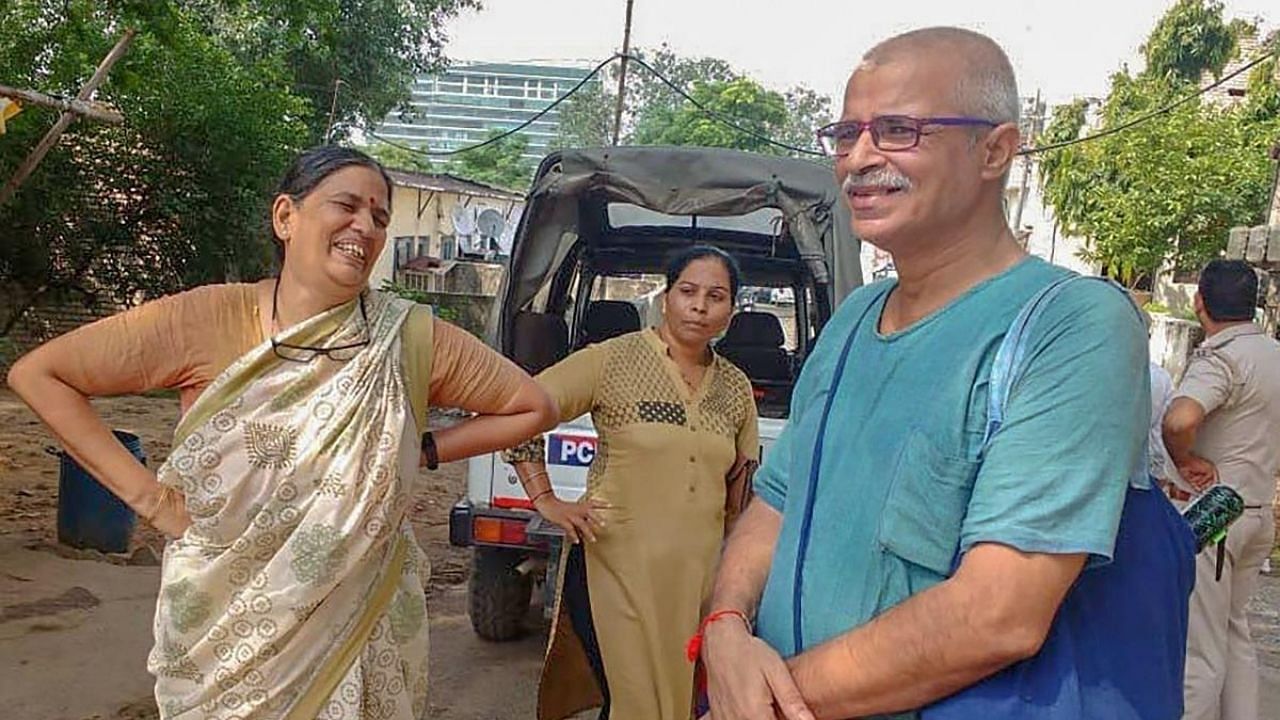
The grant of bail by the Bombay High Court to Sudha Bharadwaj, an activist-lawyer who has been jailed since August 2018 in connection with the Bhima-Koregaon case, is welcome, coming as it does after a long legal fight. The order is actually more a reminder of the difficulties in securing bail under the draconian Unlawful Activities Prevention Act (UAPA) than a recognition of the right to bail of citizens. It is a default bail and was granted on technical grounds, and the conditions of bail will be decided only this week when Sudha Bharadwaj will appear before a special judge of the NIA court. The conditions can be stringent. The NIA has already filed an appeal against the High Court order in the Supreme Court. Bharadwaj is one of the 16 persons, most of them eminent persons, who were charged with terrorism and other serious crimes in the Bhima-Koregaon case.
Bharadwaj was granted bail because her term in captivity was extended beyond the prescribed period by a sessions court that had no jurisdiction. She got the right to default bail as far back as January 2019 when she completed 90 days in jail, as no chargesheet was filed against her by then. It has been granted to her now because she had applied for it. But eight others did not get it because they had not specifically sought it. The court noted in Bharadwaj’s case that the constitutional guarantee of personal liberty under Article 21 cannot be thwarted on technical grounds. The NIA had opposed her plea for default bail on the technical ground that it was premature. That would be a “too technical and formalistic view of the matter”, the court said.
The court rightly decided that an accused should get the benefit from a lapse of the investigation, especially when a constitutional right is involved. No one has been granted bail in the case except poet Varavara Rao, who got it on medical grounds. Another accused, Father Stan Swamy, died for lack of timely medical treatment. The charges against all the accused have sounded dubious, and it has been claimed that some evidence that was used to incriminate them was actually concocted and planted. It is unfortunate that courts could not generally go beyond technicalities in such cases. The Delhi High Court looked into the merits of a UAPA case earlier this year and granted bail to the accused, but the Supreme Court ruled that it could not set a precedent. The courts will hopefully go beyond technical grounds in such cases where personal freedom is involved and examine the merits of the charges, even when the State invokes the UAPA.
Check out the latest videos from DH: